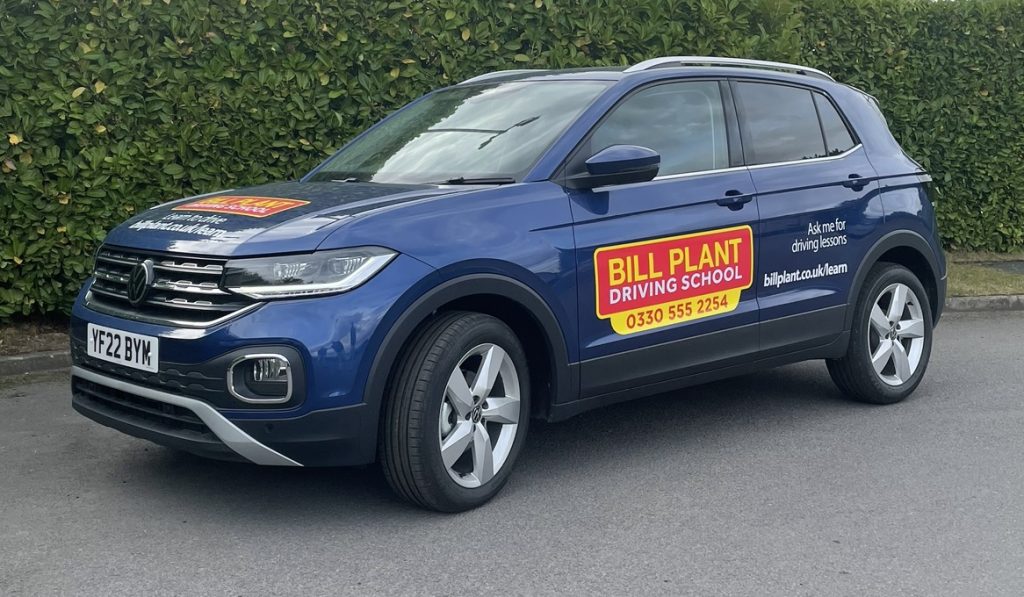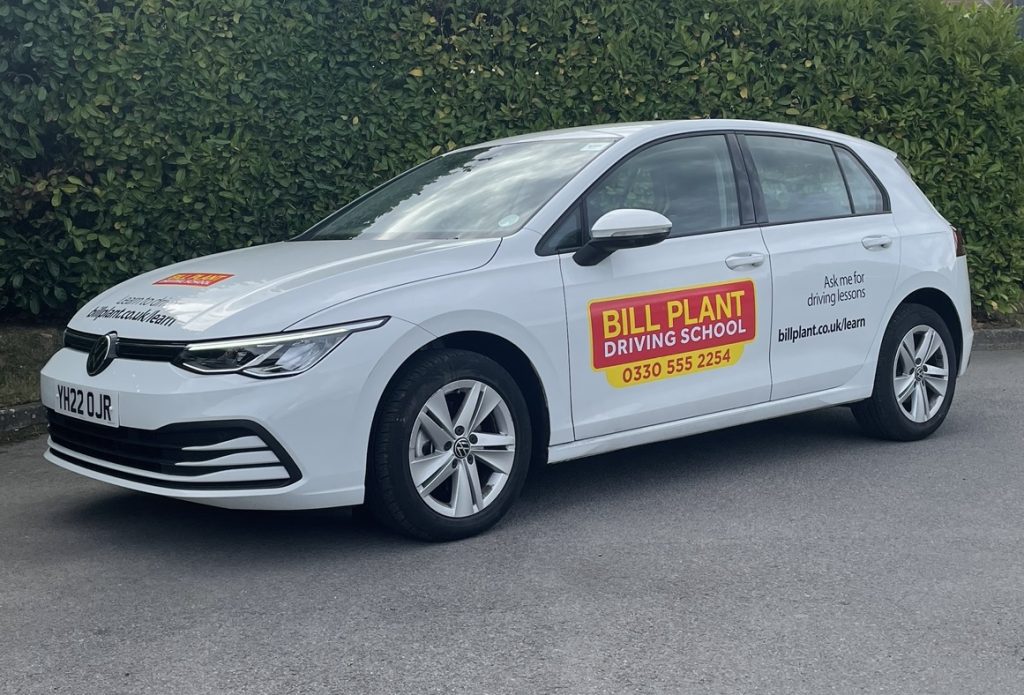
Which areas in Britain are most common for driving lesson accidents?
Learning to drive can be a daunting challenge at the best of times, however things can quickly turn from bad to worse for those who find themselves in a road accident. In 2020, the Department for Transport recorded there were a total of 115,584 road traffic accidents in Great Britain, a 25% decrease from the previous year.
Although the number of road traffic accidents is declining, in 2021 the World Health Organisation reported that road traffic accident-related injuries remain the leading cause of death for children and young adults aged 5-29 years. Responsible for an estimated 1.3 million worldwide fatalities, risk factors including lack of experience, aggressive driving, poor weather and speeding can increase the chances of a collision.
Bill Plant Driving School wanted to discover which areas in Britain you are most at risk of having a road accident during a driving lesson, by comparing the number of provisional licence holders in each city to the number of reported road accidents involving drivers with a provisional licence. Read on for Bill Plant Driving School’s expert advice on getting back behind the wheel after being involved in a crash.
The Areas Most Affected by Learner Driver Accidents

1. Colchester | 25.2 provisional licence holders involved in accidents per 10,000
Having driving lessons in the Colchester postcode area are the most likely in all of Britain to be involved in a road traffic accident. 25.2 per 10,000 provisional licence holders in the postcode area have been involved in an accident in 2020, with most taking place in Essex.
2. Guildford | 20.29 provisional licence holders involved in accidents per 10,000
Driving lessons in Guildford comes in at second place as one of Britain’s learner driver road collision hotspots. We found that of per 10,000 provisional licence holders living in the Guildford postcode area, 20.29 were involved in a crash.
3. Preston | 15.65 provisional licence holders involved in accidents per 10,000
Learner drivers in Preston are no stranger to road traffic collisions. We found that per 10,000 residents in the Preston postcode area that hold provisional licences, 15.65 of those have been involved in a reported road collision in 2020.

The Areas Least Affected by Learner Driver Accidents

1. Peterborough | 0.57 provisional licence holders involved in accidents per 10,000
Learner drivers in Peterborough are the least likely in Britain to be involved in a road accident. Per 10,000 people in the Peterborough postcode area that hold a provisional drivers licence, just 0.57 of those were involved in a reported traffic crash in 2020.
2. Darlington | 0.72 provisional licence holders involved in accidents per 10,000
Learner drivers from the Darlington postcode area are among Britain’s least likely to be involved in a collision on the roads. Only 0.72 per 10,000 of the provisional licence holders in the Darlington area were involved in a road crash in 2020.
3. Kilmarnock | 1.1 provisional licence holders involved in accidents per 10,000
The Scottish area of Kilmarnock is one of Britain’s areas least affected by learner driver accidents. 1.1 per 10,000 provisional licence holders in Kilmarnock were involved in a road crash in 2020.
Advice for learner drivers involved in a crash

A road collision is enough to shake up even the most experienced driver, and going through an accident can make any learner feel anxious and intimidated.
Although your driving instructor should be there to offer help and advice upon a collision, there are a few important steps you must take, regardless of who is to blame for the crash.
What to do
- Stop the car – it is illegal to drive away from the scene of a crash, whether the damage is severe or not.
- Turn off your engine and turn on your hazard lights.
- Check for injuries on yourself and any passengers in the vehicle. Even if no one is hurt, note down the condition of all parties at the scene as this could be helpful if someone tries making an injury claim against you.
- Dial 999 for an ambulance if anyone is injured, or notify the police if the road is blocked.
- Exchange details with everyone involved, including name, address and car registration number.
- Do not admit fault – even a simple apology can be used against you when making a compensation claim.
Tips for regaining your confidence after a road accident

Although the figures for road accident-related injuries and fatalities in Great Britain are among the lowest in the world, as a learner driver traffic collisions can be a major source of anxiety. While anyone can be responsible for a crash, the Department for Transport reported in 2019 that the fatality rate for road-related casualties is highest among ages 17-24 and 75+.
It is natural to be shaken up after a crash, below are some expert tips on how to get back in the driver’s seat.
- Talk to someone – For some people, talking about anxieties and fears can help to work through difficult emotions surrounding the crash, and dispel nerves about driving again.
- Give yourself time -The recovery period for any traumatic event takes time, and trying to drive again before you are ready can do more harm than good. For some people it takes days and for others months, however, the best thing to do is wait until you feel ready to drive.
- Take some driving lessons – Driving lessons are not just for those learning to drive, but can be helpful for anyone recovering from a road collision. If you feel a loss of confidence or a decline in your driving skills, refresher driving lessons could be your answer to getting back on the roads.
Methodology
To find the areas where learner driver accidents were most and least common, Freedom of Information Act requests were sent to the Driver and Vehicle Licensing Agency and the Department for Transport. The information sourced includes the number of provisional licence holders by postcode area and the number of reported road accidents involving drivers with a provisional licence by local authority in 2020.
Statistics on the number of road traffic accidents in Great Britain were sourced from the Department for Transport’s Reported road casualties Great Britain, annual report: 2020 and 2019.

